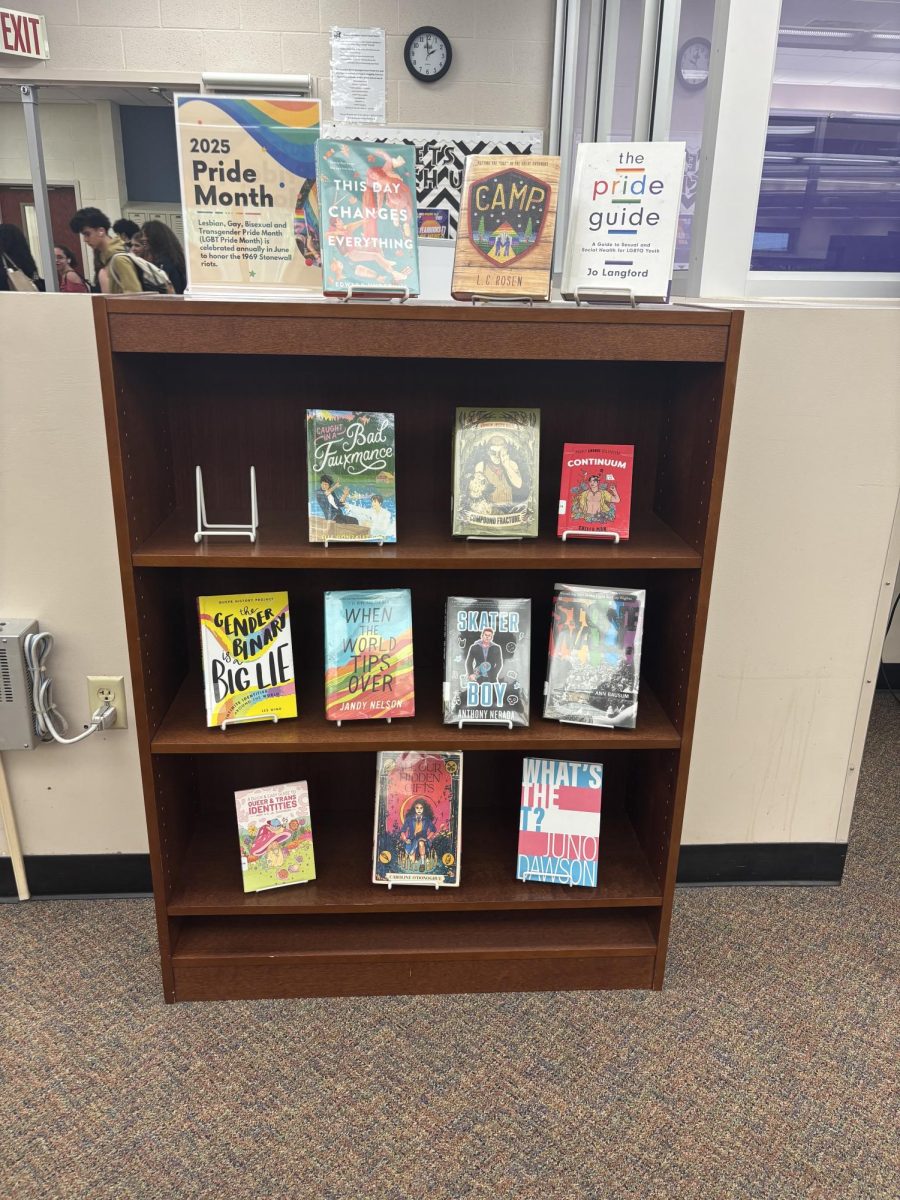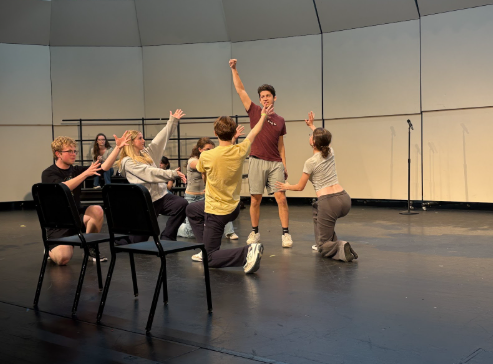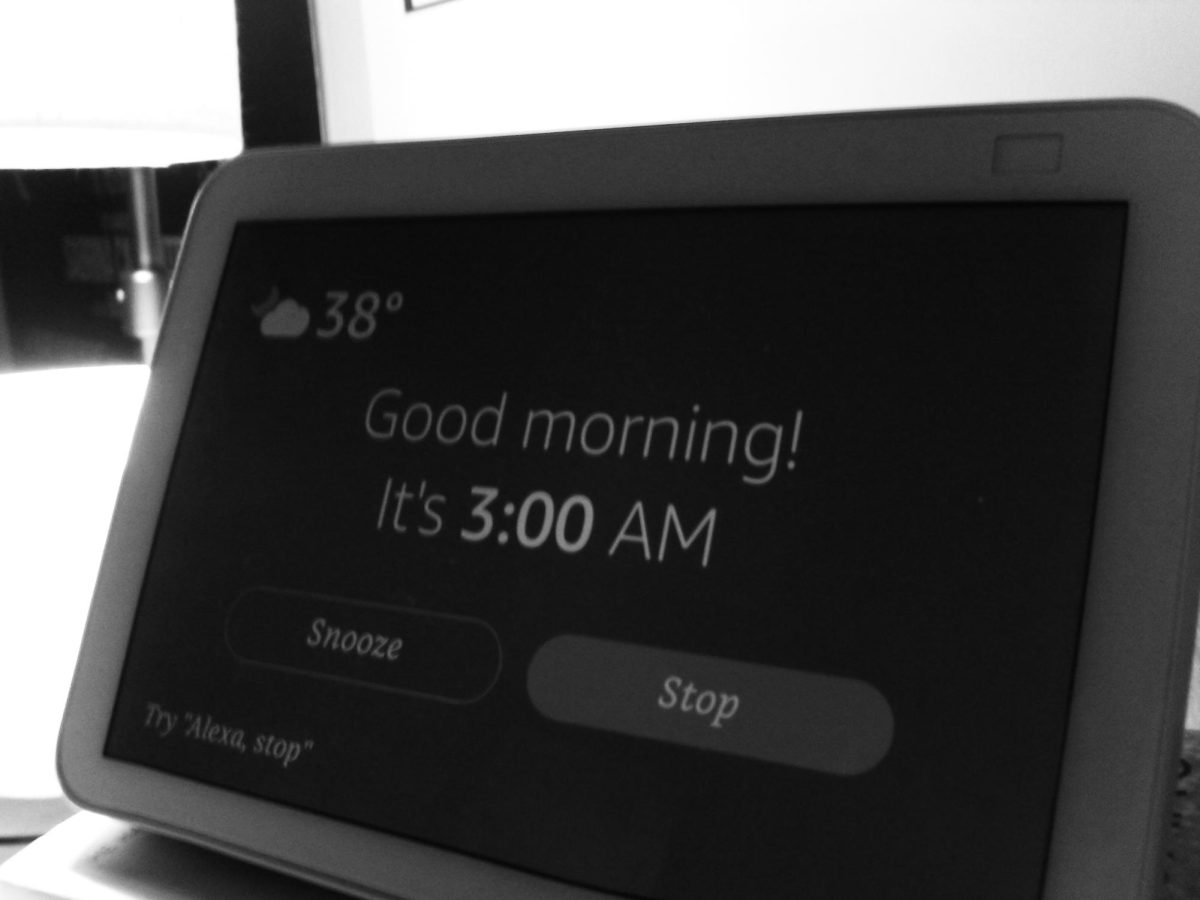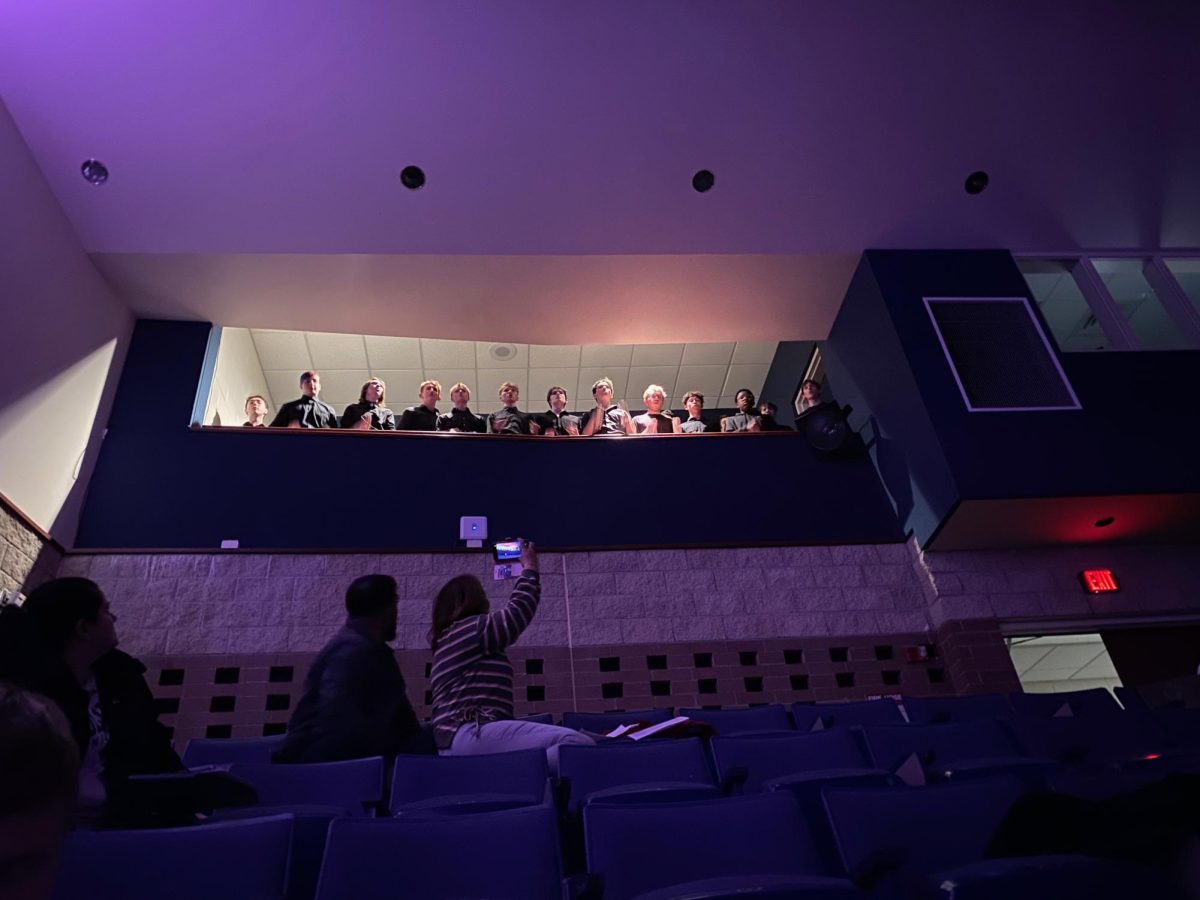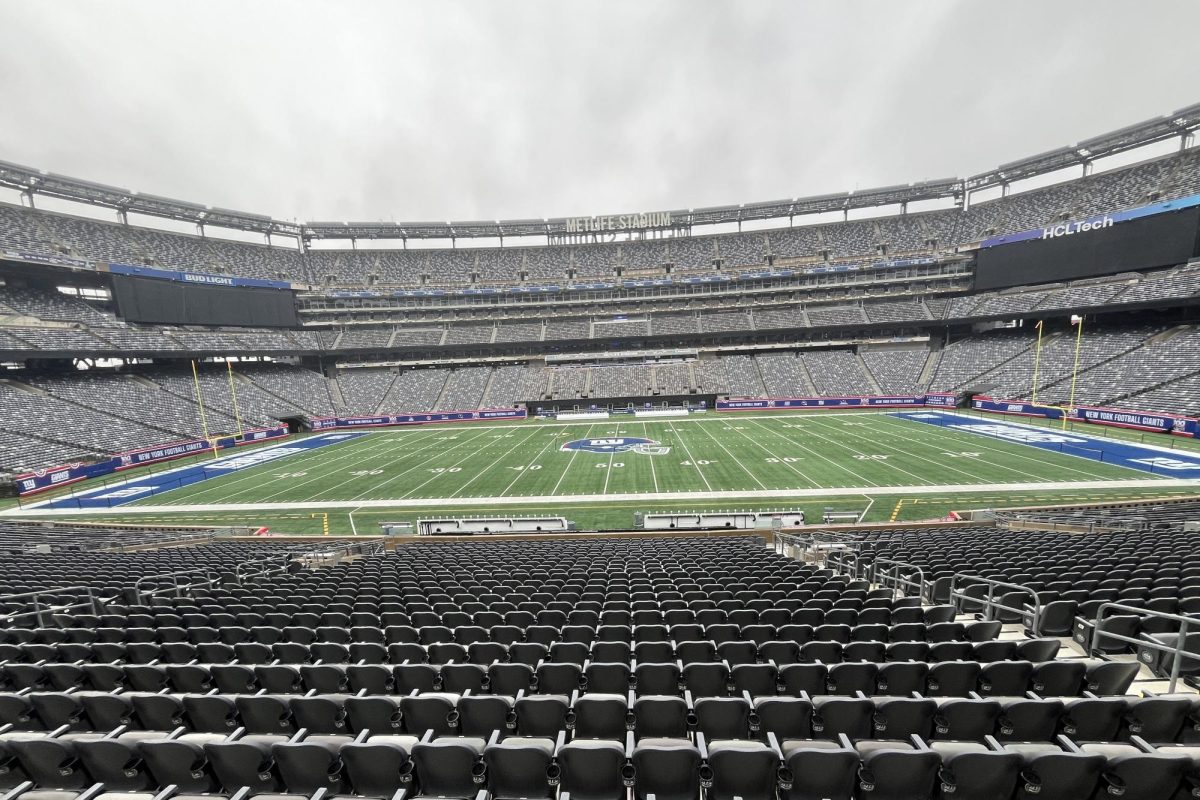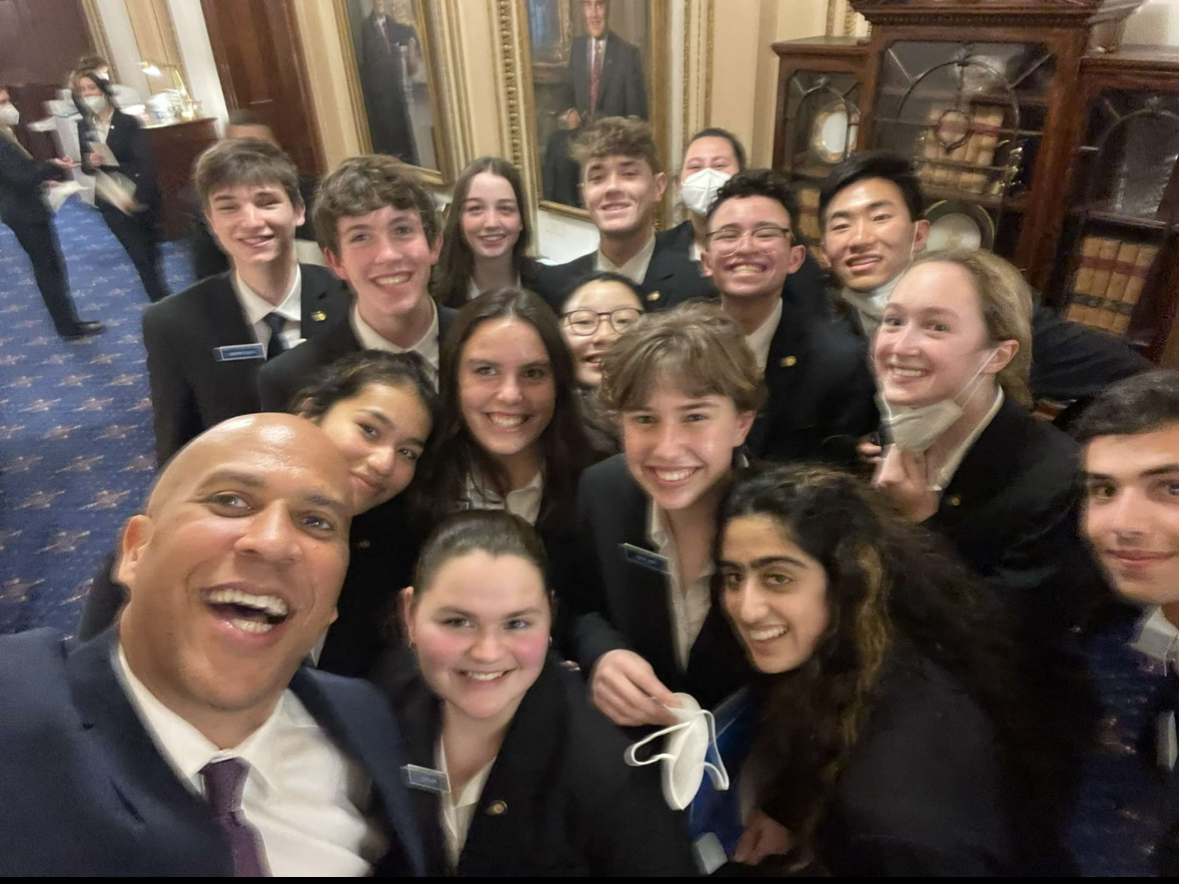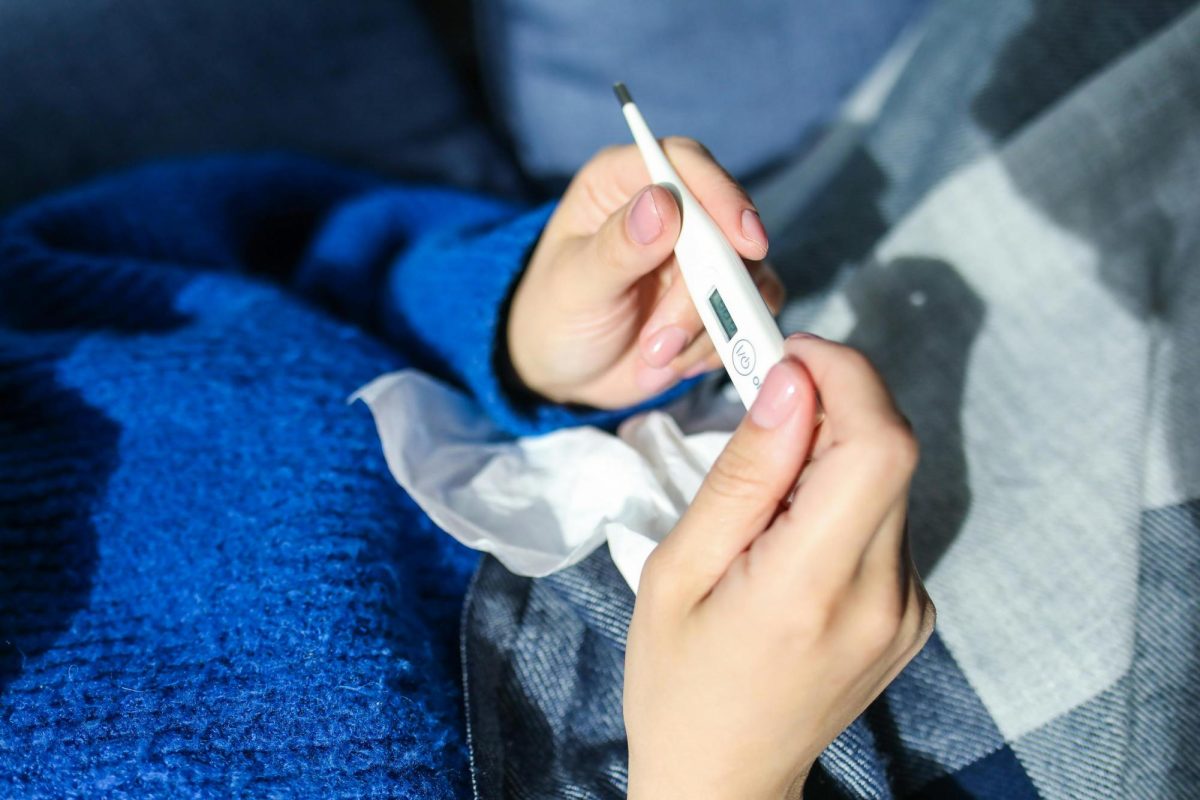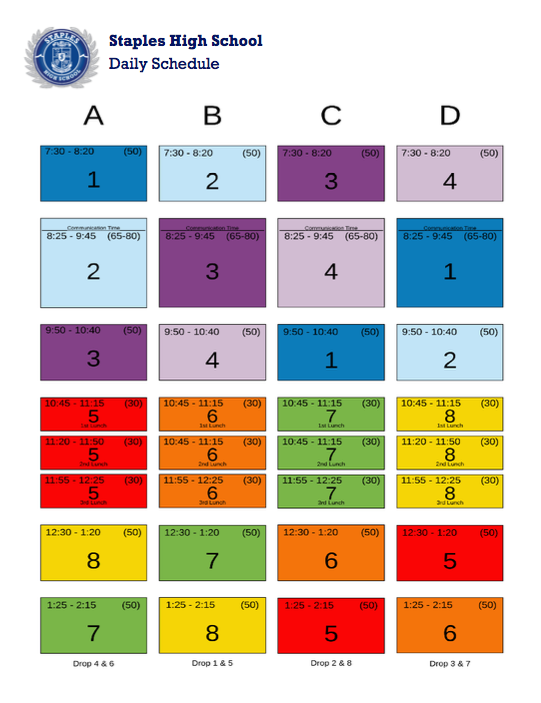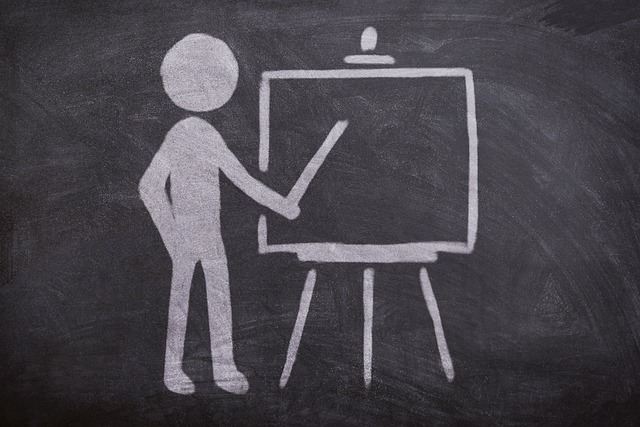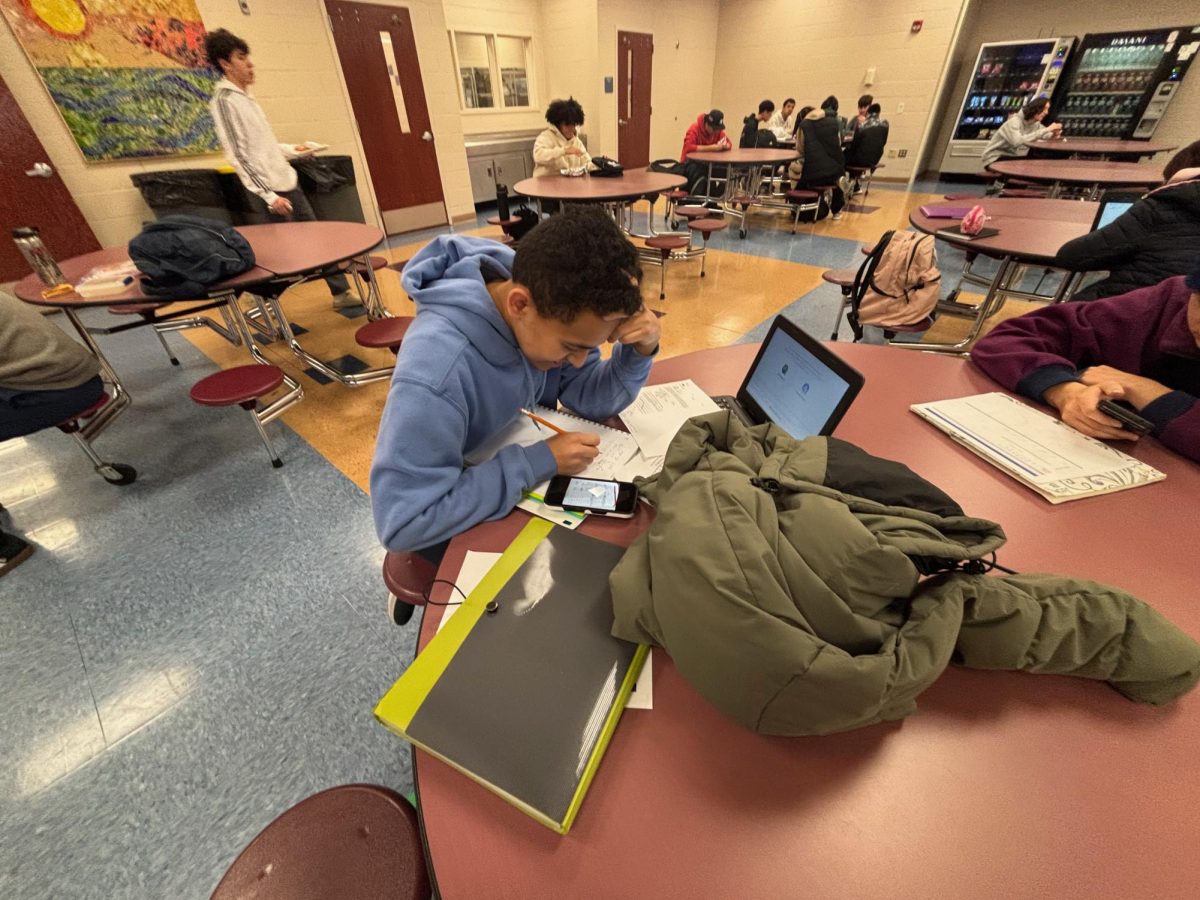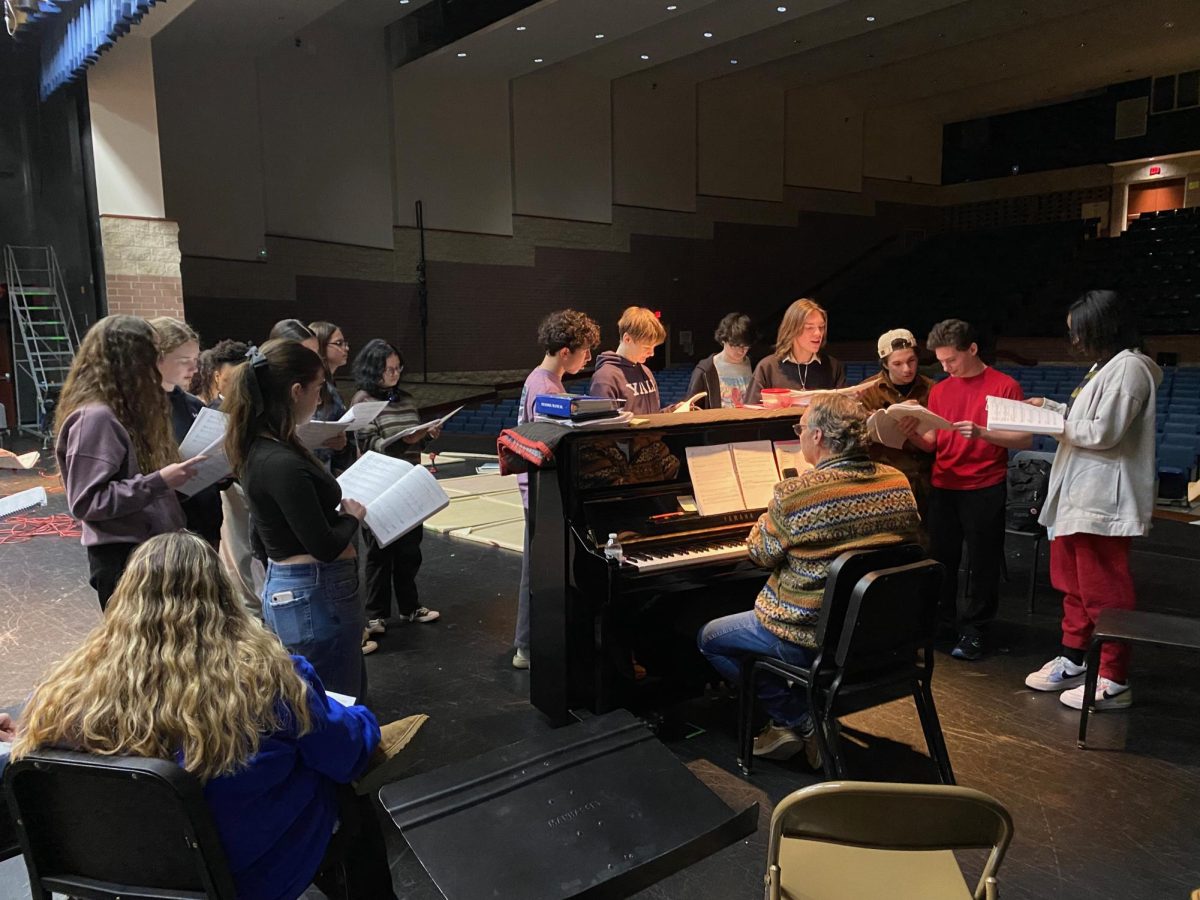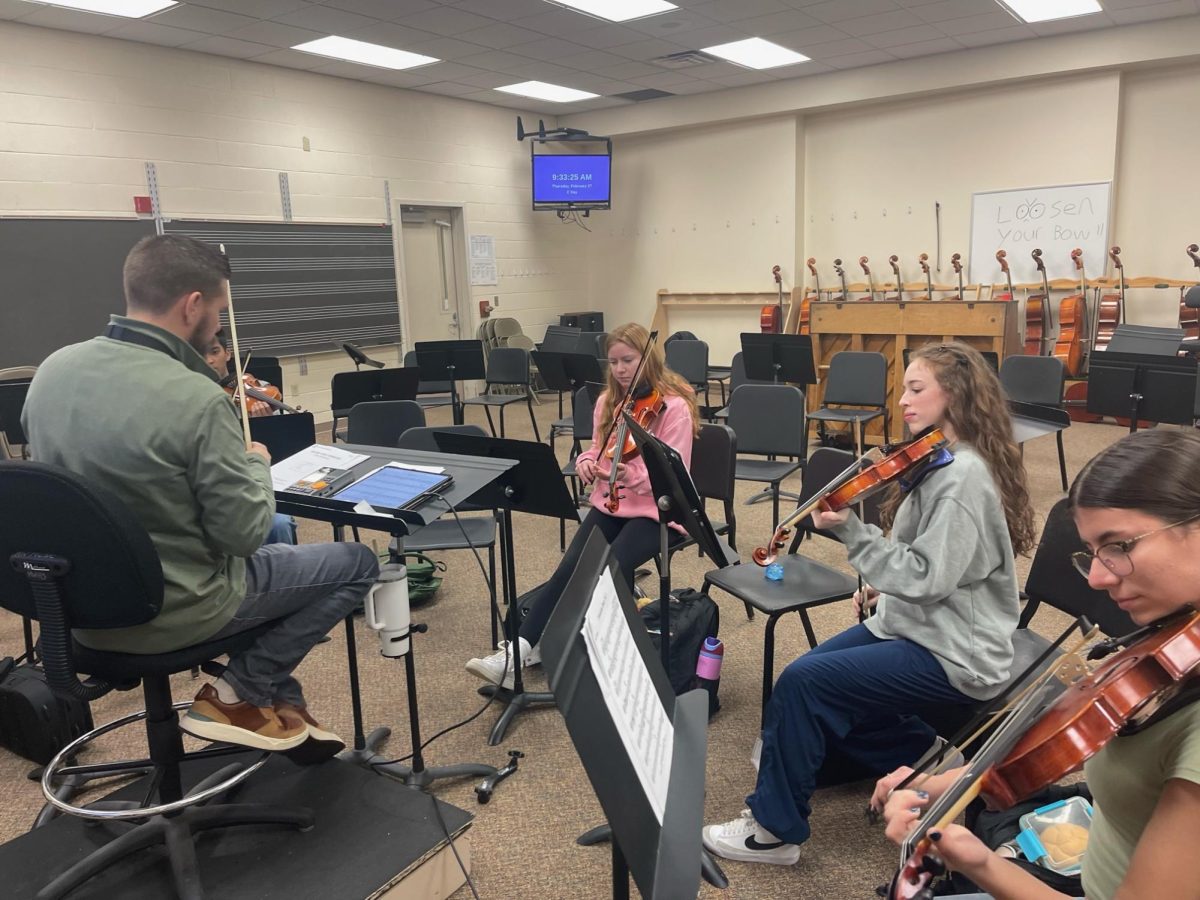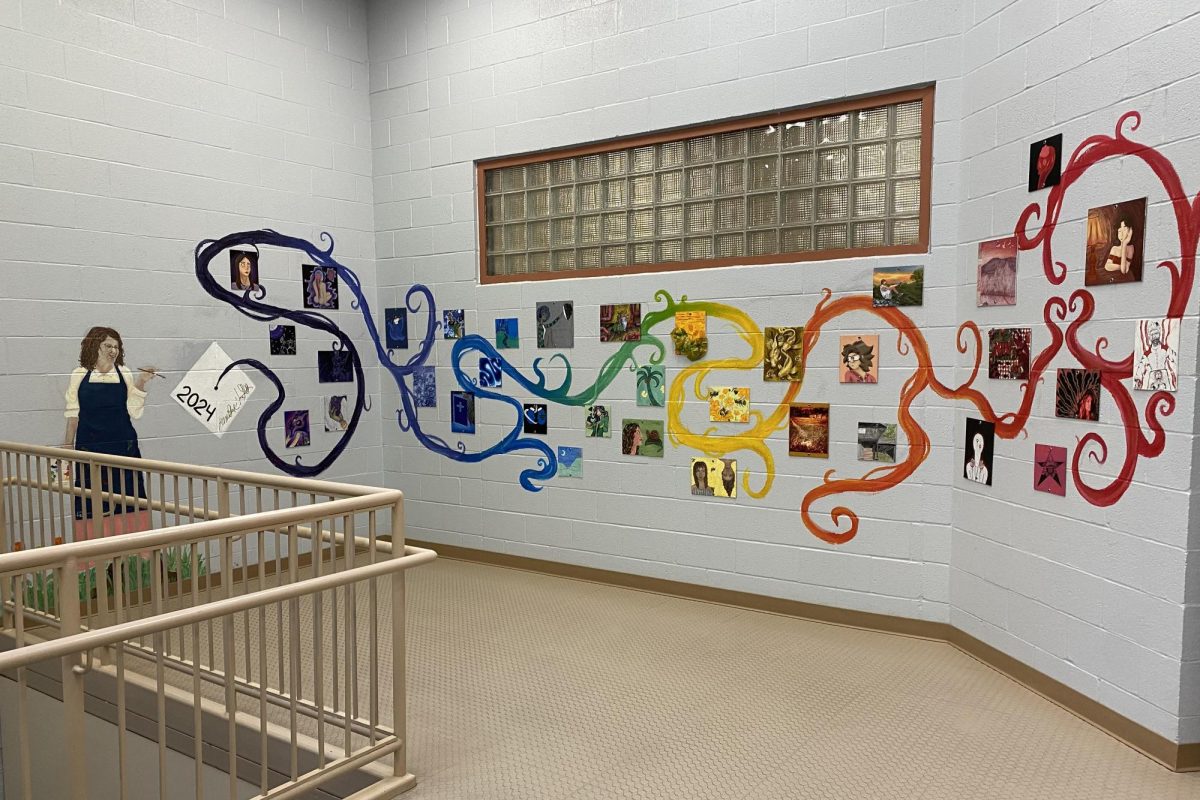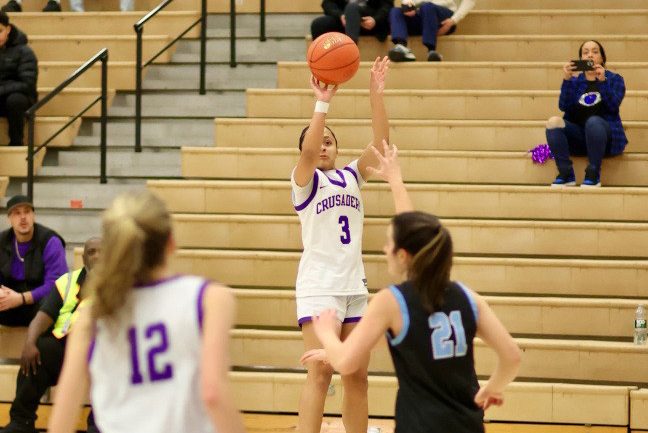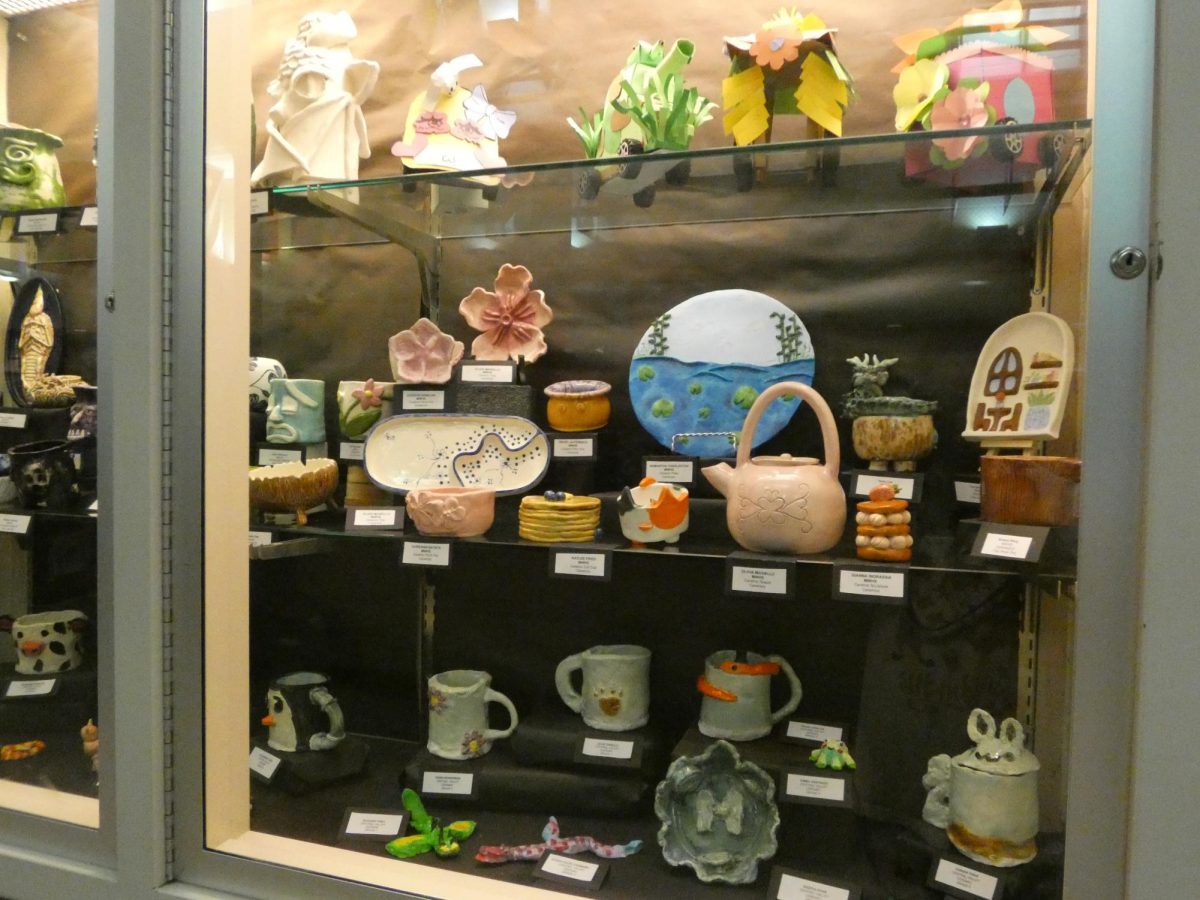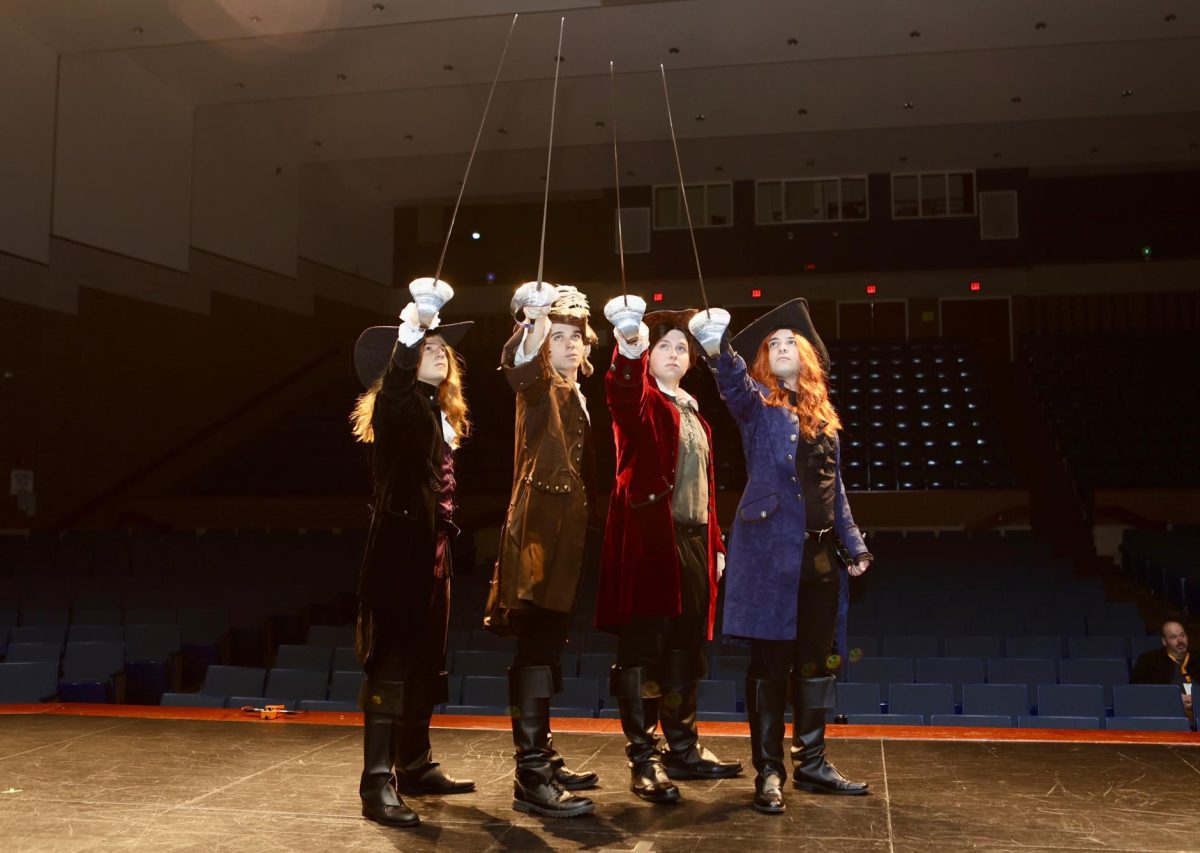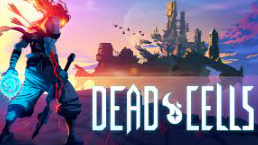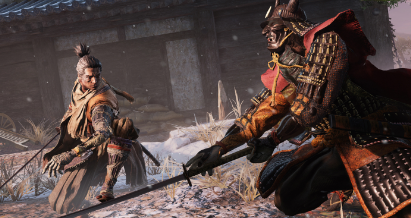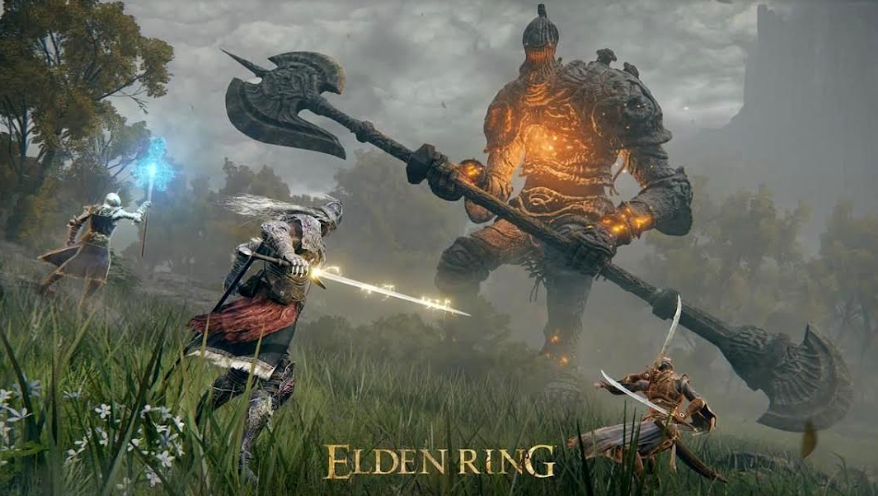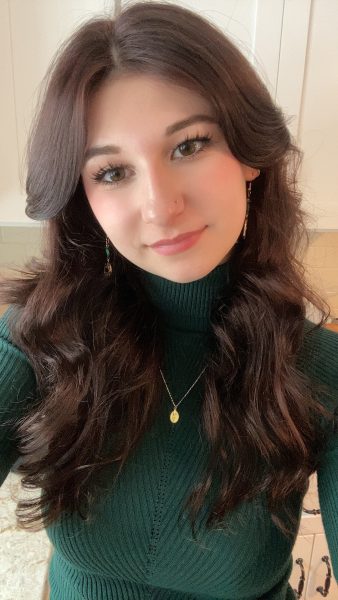Monroe-Woodbury High School offers a dual enrollment college course, Scientific Research, through the University at Albany. The course is three years long, including summer assignments, and is possibly one of the most rewarding courses you can take. At the start of every second semester, the course’s students and teachers look to recruit new students to join the course in their sophomore year. As it is “recruitment time” once again, I feel it’s my job as a senior research student to promote the course.
But what is Scientific Research, and what do research students do?
Over the course of your three years in Scientific Research, you will pick a topic to research and develop a study. Your first year is solely focused on collecting background research and developing a testable hypothesis or research question. You have complete freedom in what your research topic is, as long as it prompts a testable question. Your second year is when you find a qualified mentor in your chosen field to assist you in developing and executing your study. In your final year, you analyze your data, write your final paper, and compete at two regional competitions.
Aside from occasional classwork assignments and progress deadlines, the class is entirely self motivated. Teachers and upperclassmen are there to help you, but it is ultimately your responsibility to determine how to complete tasks, organize your work, and reach the end goal of your project.
How do you join the course?
The teachers of Scientific Research, Mrs. Puopolo and Mrs. Bates, share information about the course and how to apply with freshman science teachers in the middle of the year. The application process is not difficult or strenuous, it’s more for the Science Department to understand your work ethic and possible research interests.
Why did I love it?
As I discussed before, this class is independently driven which forces you to create a work ethic and develop organizational skills. I had the space to experiment with what work styles and time management techniques I found most effective and they have been useful in multiple other areas of my life. For example, the color coding systems I developed as a research student have given me a method to better manage my schoolwork, implement organizational systems at my workplace, plan college deadlines, etc.
I also learned about a vast array of topics from my classmates. While my study was sociology and psychology based, I enjoyed hearing about the biomedical and STEM-based projects. I was able to learn about topics such as genetic indicators for dermatitis, the effects of academic stress, car aerodynamics- just to name a few.
Above all else, it’s incredible to create something on your own. I studied the connections between maternal work-life balance stress, role attitudes and child behavior, which was an original topic that combined my interests in women’s issues and child psychology. I am so proud to see the work I put into my study over the past three years become something tangible.
Disclaimer
Being in Scientific Research has made me a better public speaker and presenter, broadened my knowledge of various topics, allowed me to pursue my passions, and develop an appreciation for interdisciplinary relationships. I would recommend this course to anyone who is looking to pursue their passions and grow as a student.
However, I do not recommend this for anyone who doesn’t feel they can commit to one topic or commit to the workload. It is required for research students to complete at least three and a half hours of research work per week and as I mentioned, summer assignments are an integral part of the course. While the class does help build work ethic skills, it’s really meant for students who are already self-motivated to some extent. Another thing many don’t consider is that research students need to be able to handle constructive criticism because after you give presentations or write your research plan you will be given feedback from your peers and teacher.
While I have loved my experience in Scientific Research and hope many more chose to join the course, it isn’t meant for everyone. If you are considering the course, ask questions to current students and teachers and do a self inventory to determine if it is the best fit for you.


